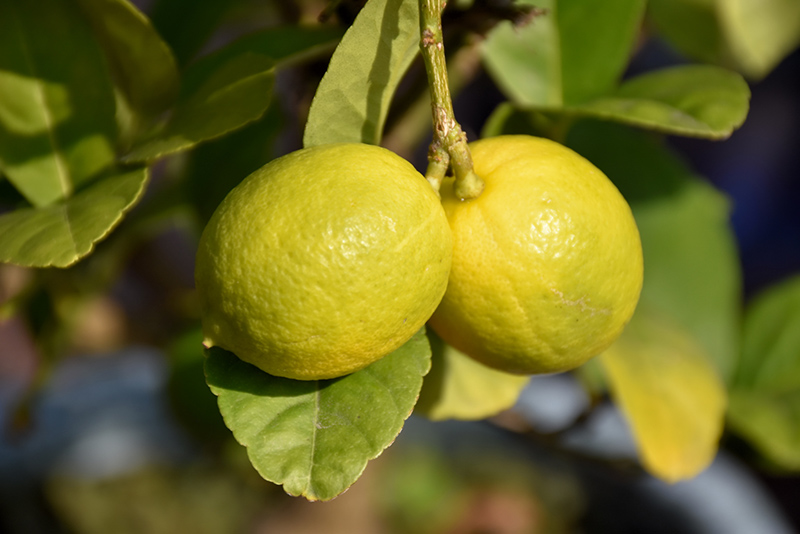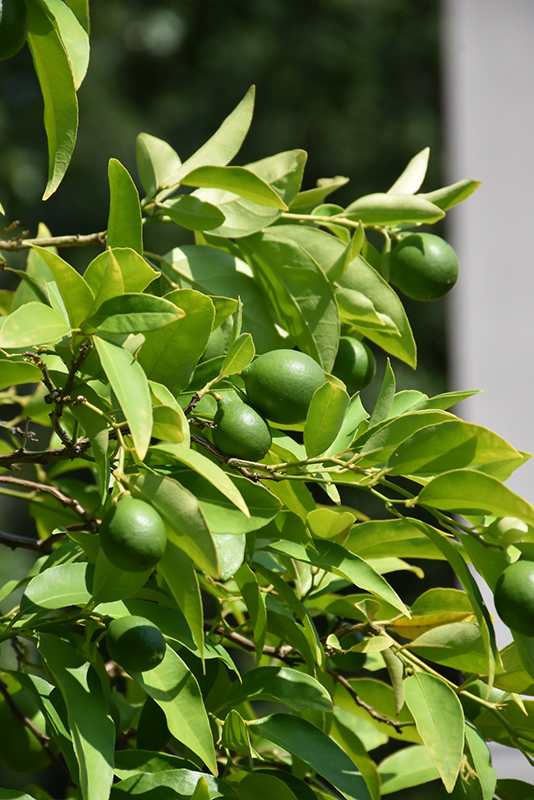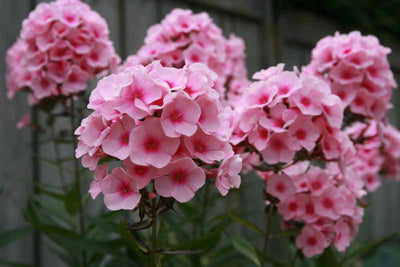Plant Library
Height: 18 feet
Spread: 18 feet
Sunlight:
![]()
![]()
Hardiness Zone: 9b
Other Names: West Indian Lime, Mexican Lime
Description:
A heavy producer of juicy, round fruit in winter to early spring; a densely branched habit with a full rounded crown at maturity; great container plant for the patio or indoors in colder climates
Edible Qualities
Key Lime is a small tree that is typically grown for its edible qualities, although it does have ornamental merits as well. It produces green round fruit which are usually ready for picking from late summer to early fall. The fruit will often fade to yellow over time. The fruits have a tart taste with a juicy texture and a distinctive fragrance.
The fruit are most often used in the following ways:
- Fresh Eating
- Baking
- Juice-Making
Features & Attributes
Key Lime features showy clusters of fragrant creamy white star-shaped flowers with yellow eyes and lilac purple edges at the ends of the branches from late spring to mid summer. It has attractive dark green evergreen foliage. The glossy oval leaves are highly ornamental and remain dark green throughout the winter. It features an abundance of magnificent green berries in mid summer, which fade to yellow over time.
This is an evergreen tree with an upright spreading habit of growth. Its average texture blends into the landscape, but can be balanced by one or two finer or coarser trees or shrubs for an effective composition. This plant will require occasional maintenance and upkeep, and is best pruned in late winter once the threat of extreme cold has passed. It is a good choice for attracting birds, bees and butterflies to your yard. Gardeners should be aware of the following characteristic(s) that may warrant special consideration;
- Spiny
Aside from its primary use as an edible, Key Lime is sutiable for the following landscape applications;
- Accent
- Hedges/Screening
- Orchard/Edible Landscaping
- Container Planting
Planting & Growing
Key Lime will grow to be about 18 feet tall at maturity, with a spread of 18 feet. It has a low canopy with a typical clearance of 2 feet from the ground, and is suitable for planting under power lines. It grows at a medium rate, and under ideal conditions can be expected to live for 50 years or more.
This tree is quite ornamental as well as edible, and is as much at home in a landscape or flower garden as it is in a designated edibles garden. It does best in full sun to partial shade. It prefers to grow in average to moist conditions, and shouldn't be allowed to dry out. It is not particular as to soil type or pH. It is somewhat tolerant of urban pollution. This species is not originally from North America.
Key Lime is a good choice for the edible garden, but it is also well-suited for use in outdoor pots and containers. Its large size and upright habit of growth lend it for use as a solitary accent, or in a composition surrounded by smaller plants around the base and those that spill over the edges. It is even sizeable enough that it can be grown alone in a suitable container. Note that when grown in a container, it may not perform exactly as indicated on the tag - this is to be expected. Also note that when growing plants in outdoor containers and baskets, they may require more frequent waterings than they would in the yard or garden. Be aware that in our climate, this plant may be too tender to survive the winter if left outdoors in a container. Contact our experts for more information on how to protect it over the winter months.







